Home>diy>Planning & Engineering>What Does General Commercial Zoning Mean
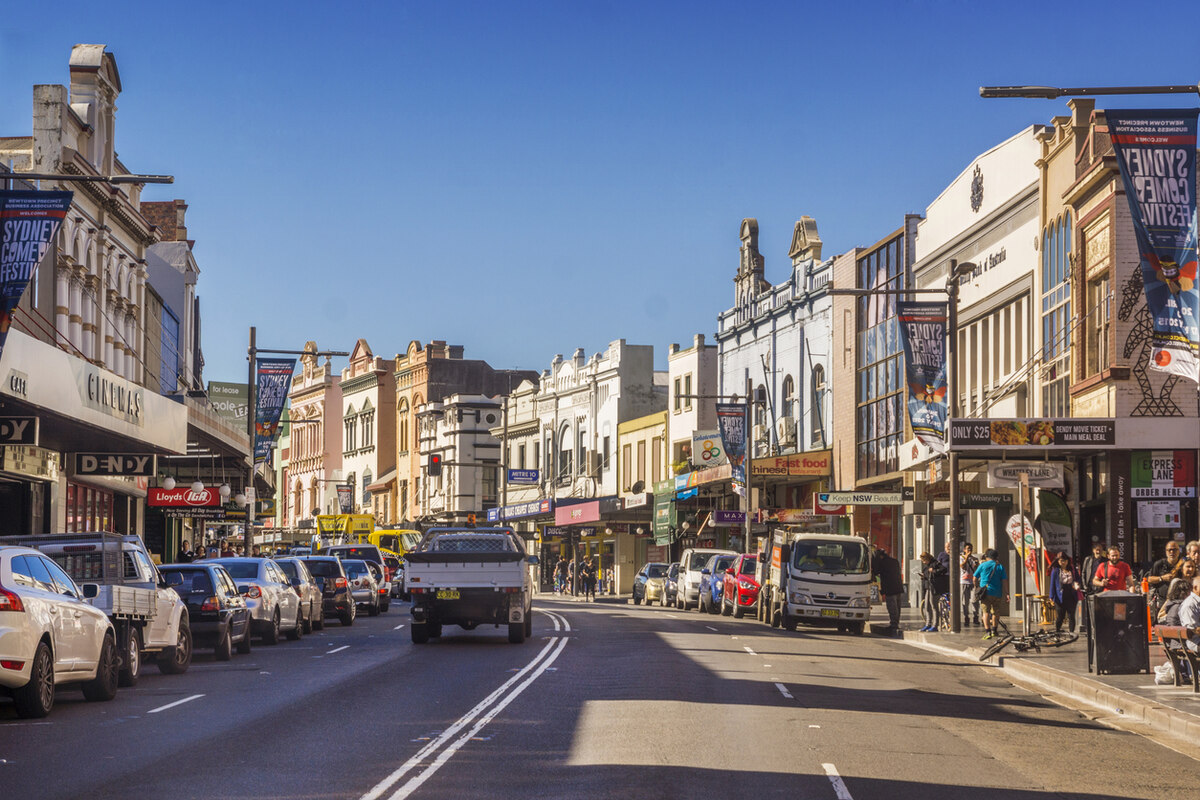

Planning & Engineering
What Does General Commercial Zoning Mean
Modified: January 9, 2024
Understanding the concept of general commercial zoning in planning-engineering and its significance for businesses. Explore its implications and benefits.
(Many of the links in this article redirect to a specific reviewed product. Your purchase of these products through affiliate links helps to generate commission for Storables.com, at no extra cost. Learn more)
Introduction
When it comes to urban planning and land development, zoning plays a crucial role in dictating the use of different areas within a city or municipality. Zoning is a process that assigns specific regulations and restrictions to different parcels of land, ensuring that they are used in a way that aligns with the overall vision and goals of the community.
One of the most common types of zoning is known as General Commercial Zoning. In this article, we will explore what general commercial zoning entails, its purpose, permitted activities, limitations, advantages, and disadvantages, as well as its impact on property values. Let’s dive in and gain a better understanding of this key aspect of urban planning.
Key Takeaways:
- General Commercial Zoning is a crucial tool in urban planning, fostering economic growth, community engagement, and vibrant mixed-use developments while ensuring compatibility with surrounding areas.
- While General Commercial Zoning offers numerous benefits such as economic vitality and convenience, it also requires careful management to mitigate potential drawbacks such as traffic congestion and noise disruptions.
Read more: What Does Zoning R Mean
Overview of Zoning
Zoning is a regulatory tool used by local governments to control and manage land use in their jurisdictions. It divides land into different zones or districts, each with its own set of permitted uses and development regulations. The primary purpose of zoning is to ensure compatibility and harmony between different land uses, protect property values, and promote the health, safety, and general welfare of the community.
Zoning regulations typically categorize land into various zones such as residential, commercial, industrial, agricultural, and mixed-use. Each zone is subject to specific rules and restrictions that govern the type of activities and developments allowed, including building size and height limitations, parking requirements, setback distances, and signage regulations.
Local zoning ordinances are usually developed through a comprehensive planning process that takes into account factors such as population density, natural resource protection, transportation infrastructure, and community needs and goals. The complexity and specific zoning regulations vary depending on the size and location of the municipality.
It is important to note that zoning regulations can evolve over time to adapt to changing needs and priorities of a community. Zoning maps and ordinances are typically updated periodically through a public process that involves input from residents, developers, business owners, and other stakeholders.
Overall, zoning plays a critical role in guiding land use decisions, shaping the built environment, and fostering the overall character and livability of a community. By establishing clear regulations and standards, zoning helps create a predictable and orderly development pattern while balancing the interests of property owners, residents, and the broader community.
What is General Commercial Zoning?
General Commercial Zoning is a specific zoning category that designates areas within a municipality for commercial activities and businesses. It is intended to provide a space for a wide range of commercial enterprises, including retail stores, restaurants, offices, hotels, and entertainment venues. General Commercial Zones are typically located in commercial corridors, downtown areas, or mixed-use developments.
General Commercial Zoning allows for a diverse range of uses, promoting economic growth and providing opportunities for businesses to thrive. It aims to create vibrant and active commercial districts that attract customers, generate employment opportunities, and contribute to the local economy.
Within General Commercial Zones, specific regulations and guidelines govern land use, building design, parking requirements, signage, noise control, and other factors to ensure that commercial activities are conducted in a manner that is compatible with the surrounding environment and neighboring properties.
It is important to note that the specific regulations and requirements of General Commercial Zoning can vary between municipalities. Each local government has its own zoning ordinances and guidelines that outline the permitted uses and development standards within General Commercial Zones.
General Commercial Zoning is a key component of urban planning, as it allows for the organized development and management of commercial areas. It provides a framework for developers, businesses, and residents to understand the expected uses and standards within a designated commercial zone.
By establishing clear boundaries and regulations, General Commercial Zoning helps maintain the character and function of commercial areas, while also ensuring that surrounding residential neighborhoods are protected from potentially disruptive commercial activities. It provides a balance between promoting economic growth and preserving the quality of life for residents.
Purpose of General Commercial Zoning
The purpose of General Commercial Zoning is to create designated areas within a municipality where commercial activities can take place, providing a platform for economic growth and development. By designating specific zones for commercial use, local governments aim to achieve several objectives:
1. Economic Development: General Commercial Zoning facilitates the establishment and growth of businesses, encouraging job creation and economic activity within the community. It attracts investment, stimulates competition, and contributes to the overall prosperity of the region.
2. Land Use Planning: By allocating certain areas for commercial use, General Commercial Zoning helps maintain a balance between different land uses. It separates commercial activities from residential or industrial areas, ensuring that incompatible land uses do not hinder one another. This promotes a harmonious and functional community environment.
3. Orderly Development: General Commercial Zoning provides a framework for orderly and organized development in commercial areas. It establishes parameters for building height, setbacks, parking requirements, and other design standards. This helps create a visually appealing and functional commercial environment.
4. Compatibility: One of the crucial purposes of General Commercial Zoning is to ensure compatibility between commercial activities and the surrounding environment. This includes considering factors such as noise levels, traffic impact, and aesthetics. By incorporating these considerations into zoning regulations, the aim is to mitigate potential conflicts and minimize negative impacts on adjacent properties.
5. Neighborhood Protection: General Commercial Zoning helps protect residential neighborhoods from adverse effects of commercial developments. By setting boundaries and restrictions on things like hours of operation, lighting, and signage, zoning regulations aim to maintain a suitable living environment for nearby residents.
Overall, the purpose of General Commercial Zoning is to foster a thriving commercial sector while balancing the needs and interests of the community as a whole. It provides a structured approach to guiding commercial development, ensuring the orderly use of land and promoting economic vitality for the municipality.
Permitted Activities in General Commercial Zones
General Commercial Zones allow for a broad range of commercial activities. The specific permitted activities can vary depending on the zoning regulations of each municipality, but typically include:
- Retail stores: General Commercial Zones often accommodate a variety of retail establishments, such as clothing stores, grocery stores, electronics stores, and specialty shops. These businesses serve the local community by providing goods and services.
- Restaurants and cafes: General Commercial Zones provide space for restaurants, cafes, and other food establishments. This allows for a vibrant and diverse dining scene that caters to different tastes and preferences within the community.
- Offices: General Commercial Zones are frequently home to various professional and business offices. These can include law firms, accounting firms, real estate agencies, and consulting firms.
- Hotels and lodging: Many municipalities designate areas within General Commercial Zones for hotels, motels, and other lodging establishments. This supports tourism and provides accommodation options for visitors.
- Entertainment venues: General Commercial Zones often include spaces for entertainment venues such as theaters, cinemas, concert halls, and sports arenas. These establishments contribute to the cultural and entertainment amenities of the community.
- Service businesses: General Commercial Zones may house service-oriented businesses such as banks, insurance agencies, beauty salons, fitness centers, and repair shops. These businesses cater to the needs of the local population.
- Professional services: General Commercial Zones provide space for various professional services such as medical and dental clinics, financial institutions, and architectural firms.
- Education and training facilities: In some cases, General Commercial Zones may allow for educational and training facilities, such as vocational schools, language centers, or art studios.
It is important to note that while General Commercial Zones allow for a wide range of commercial activities, there are typically restrictions and regulations in place to ensure compatibility with the surrounding area and compliance with zoning standards. These may include limitations on building size, parking requirements, noise levels, and other factors that aim to minimize adverse effects on neighboring properties and maintain the overall character and function of the commercial zone.
Local zoning ordinances and regulations provide the specifics regarding the permitted activities within General Commercial Zones. It is essential for businesses and developers to familiarize themselves with these regulations to ensure compliance and avoid potential conflicts or penalties.
Read more: What Does Agricultural Zoning Mean
Limitations and Restrictions in General Commercial Zones
While General Commercial Zones provide a space for a variety of commercial activities, there are specific limitations and restrictions in place to maintain order, protect the community, and ensure compatibility with the surrounding areas. These limitations and restrictions may include:
- Building height and size limitations: General Commercial Zones often have restrictions on the maximum height and size of buildings permitted within the zone. These limitations are in place to maintain a proportional and visually appealing streetscape, preventing the dominance of large structures that may overshadow or detract from the character of the area.
- Setback requirements: Setback requirements dictate the distance between the building and the property line or other structures. These regulations ensure that there is adequate space for landscaping, pedestrian walkways, and parking areas, improving accessibility and safety within the commercial zone.
- Parking requirements: General Commercial Zones typically have specific standards for the number of parking spaces required based on the type and size of the commercial establishment. These requirements aim to prevent parking congestion and provide sufficient parking options for customers and employees.
- Signage regulations: General Commercial Zones often have guidelines governing the size, placement, and design of signage for businesses. These regulations aim to maintain a visually pleasing environment, while also preventing excessive or distracting signs that could impact the aesthetics and safety of the area.
- Noise control: Commercial activities can generate noise that may negatively impact nearby residential areas. General Commercial Zones may have noise control provisions in place to mitigate noise disturbances, particularly during designated nighttime hours.
- Operating hours: Municipalities may impose restrictions on operating hours for certain types of businesses within General Commercial Zones. These restrictions help maintain a peaceful and harmonious environment, especially in proximity to residential areas.
- Environmental regulations: General Commercial Zones may have environmental regulations in place to protect sensitive ecosystems, natural resources, and water bodies. These regulations ensure that commercial activities within the zone do not negatively impact the environment.
It is crucial for businesses, developers, and property owners to familiarize themselves with the specific limitations and restrictions outlined in the local zoning ordinances for General Commercial Zones. By understanding and adhering to these regulations, businesses can operate harmoniously within the zone while respecting the community and maintaining the intended character of the area.
General commercial zoning typically allows for a wide range of commercial activities, such as retail stores, restaurants, offices, and hotels. It’s important to check the specific zoning regulations in your area to understand what is permitted.
Advantages of General Commercial Zoning
General Commercial Zoning offers several advantages for businesses, communities, and the overall urban environment. Here are some of the key advantages:
- Economic Growth: General Commercial Zoning promotes economic growth by creating designated areas for businesses to establish and thrive. It provides opportunities for entrepreneurship and job creation, stimulating the local economy and contributing to the overall prosperity of the community.
- Mixed-Use Development: General Commercial Zoning allows for the development of vibrant mixed-use areas. By incorporating a variety of commercial activities in close proximity, such as retail, dining, and entertainment, it creates dynamic and walkable neighborhoods that attract residents and visitors alike.
- Convenience and Accessibility: General Commercial Zones bring commercial services and amenities closer to residential areas, making it convenient for residents to access goods and services. This reduces travel distances, encourages local spending, and improves the overall quality of life.
- Community Engagement: General Commercial Zones often serve as hubs for community activities and events. Whether it’s festivals, farmers’ markets, or art exhibitions, these areas provide spaces for social interaction, fostering a sense of community and pride.
- Increased Property Values: Well-planned and maintained General Commercial Zones can have a positive impact on adjacent residential property values. Proximity to commercial amenities and well-designed business districts can increase desirability and attractiveness for homeowners.
- Tax Revenue: General Commercial Zoning generates tax revenue for local governments. Commercial activities within the zone contribute to property taxes, sales taxes, and other fees, which can be reinvested in public services, infrastructure, and community development.
- Employment Opportunities: General Commercial Zones create employment opportunities for local residents. With a variety of businesses operating within the zone, there is potential for a diverse range of job types and skill levels, providing employment options for people in the community.
- Preservation of Residential Areas: By concentrating commercial activities within designated zones, General Commercial Zoning helps protect the character and quality of residential areas. It prevents commercial encroachment into neighborhoods, preserving their residential nature and ensuring a suitable living environment for residents.
General Commercial Zoning offers a range of benefits that contribute to the economic vibrancy, social cohesion, and livability of a community. It allows for the orderly and well-managed development of retail, commercial, and mixed-use areas, helping shape a thriving and sustainable urban environment.
Disadvantages of General Commercial Zoning
While General Commercial Zoning offers numerous benefits, it is essential to acknowledge and understand the potential disadvantages that can arise. Here are some of the key disadvantages:
- Traffic Congestion: The concentration of commercial activities within General Commercial Zones can lead to increased traffic congestion, especially during peak hours. The influx of customers and employees to these areas can strain existing transportation infrastructure, resulting in delays and reduced mobility.
- Noise and Pollution: Commercial activities within General Commercial Zones can generate noise, odors, and pollution. This can have a negative impact on nearby residential areas, diminishing the quality of life for residents and potentially causing conflicts between businesses and residents.
- Loss of Aesthetic Appeal: Poorly planned or visually unappealing commercial developments within General Commercial Zones can detract from the overall aesthetic appeal of an area. This can negatively affect the character and attractiveness of the surrounding neighborhood.
- Increased Development Pressure: The availability of General Commercial Zones can attract intense development pressure, leading to an overabundance of commercial spaces. This can result in an oversaturated market, increased competition, and potential business failures.
- Displacement of Local Businesses: The establishment of large-scale commercial developments within General Commercial Zones can lead to the displacement of smaller, locally-owned businesses. The high rents and operating costs associated with these developments may make it challenging for small businesses to compete or even survive.
- Lack of Community Character: General Commercial Zoning that allows for homogeneous commercial developments can result in a lack of diversity and uniqueness. This may lead to the loss of community character as commercial areas become indistinguishable from one another.
- Loss of Green Space: The creation of General Commercial Zones may result in the loss of green space and open areas within a community. As commercial developments expand, natural and recreational areas may be replaced by buildings and parking lots, impacting the overall environmental quality and recreational opportunities.
- Limited Housing Options: The focus on commercial development within General Commercial Zones may limit the availability of housing options, particularly affordable housing. With limited land allocated for residential purposes, it can be challenging for individuals and families to find suitable housing within proximity to commercial areas.
It is important for local governments and urban planners to address these potential disadvantages by implementing effective zoning regulations and strategies. This can include measures to mitigate traffic congestion, regulate noise levels, encourage sustainable and visually appealing commercial development, and promote a balance between commercial activities and residential needs.
By carefully managing these potential disadvantages, the negative impacts of General Commercial Zoning can be minimized, and the positive aspects of economic growth, convenience, and community engagement can be maximized for the benefit of both businesses and residents.
Impact on Property Values
General Commercial Zoning can have both positive and negative impacts on property values, depending on various factors such as location, surrounding amenities, and the quality of development within the commercial zone.
Positive Impacts:
- Increased Demand: General Commercial Zones can attract commercial enterprises, which may enhance the desirability of the surrounding area. As businesses flourish, the demand for nearby residential properties can increase, leading to higher property values.
- Convenience and Amenities: Living near General Commercial Zones provides residents with convenient access to a variety of amenities such as shops, restaurants, and entertainment venues. The proximity to these facilities can positively influence property values, especially for those seeking a walkable and vibrant neighborhood.
- Economic Vitality: Thriving commercial zones contribute to a flourishing local economy, which can have a positive knock-on effect on property values. The presence of successful businesses and a strong local economy often enhances the perception and desirability of the area.
- Upscale Redevelopment: In some cases, General Commercial Zoning may incentivize developers to invest in upscale redevelopment projects. The introduction of modern and attractive commercial buildings can elevate the overall aesthetic appeal of the area, potentially increasing property values for nearby residential properties.
Negative Impacts:
- Noise and Disruption: General Commercial Zones can sometimes generate noise and disrupt the tranquility of nearby residential areas. This can negatively affect property values, especially if residents perceive the noise as a significant inconvenience or nuisance.
- Visual Intrusion: A poorly designed commercial development within a General Commercial Zone can visually intrude upon and detract from the surrounding residential properties. This may result in a negative impact on property values if the development is considered to be unattractive or out of character with the neighborhood.
- Potential Congestion: Increased traffic congestion associated with the commercial activities in General Commercial Zones can be perceived as a negative factor by some potential buyers. Traffic congestion can disrupt the ease of movement and convenience, potentially impacting property values in areas heavily affected by congestion.
- Competition for Space: The availability of ample commercial space in General Commercial Zones may discourage residential development, leading to limited housing options nearby. This limitation can negatively impact property values if potential buyers prioritize having residential amenities in close proximity.
It is crucial to note that the impact of General Commercial Zoning on property values can vary depending on specific market conditions and the unique characteristics of each neighborhood. Additionally, responsible urban planning, effective design standards, and appropriate zoning regulations can help mitigate potential negative impacts and maximize the positive effects on property values within General Commercial Zones.
Read more: What Does RM Zoning Mean
Examples of General Commercial Zoning Use Cases
General Commercial Zoning allows for a wide range of commercial activities to flourish within designated areas. Here are some examples of common use cases for General Commercial Zones:
- Retail Districts: General Commercial Zones often encompass retail districts, where a variety of retail establishments operate. This can include shopping malls, strip malls, and individual storefronts. Retail districts provide a diverse selection of shops, boutiques, and department stores, catering to the shopping needs and preferences of the community.
- Restaurant and Entertainment Zones: General Commercial Zoning often designates areas for restaurants, cafes, bars, and entertainment venues. These zones create lively dining and entertainment scenes with a range of culinary options, live performances, and nightlife activities.
- Office Parks: General Commercial Zones may include office parks, which provide space for various professional services, corporate headquarters, and business centers. These areas often feature well-designed office buildings with amenities such as conference rooms, parking, and green spaces.
- Mixed-Use Developments: General Commercial Zoning can facilitate the development of mixed-use areas that integrate commercial activities with residential and recreational spaces. These developments often include a combination of retail shops, restaurants, office spaces, and residential units, creating vibrant and self-contained communities.
- Hotel and Hospitality Districts: General Commercial Zones frequently allocate space for hotels, motels, and other lodging establishments. These designated areas can provide a range of accommodations to cater to both business and leisure travelers, contributing to the tourism industry and supporting local businesses.
- Community Service Establishments: General Commercial Zoning may include spaces for community service establishments such as healthcare clinics, educational institutions, sports facilities, and religious institutions. These areas serve the needs of the community by providing essential services and support facilities.
- Automotive and Service Industry Areas: General Commercial Zones can facilitate clusters of automotive-related businesses, such as car dealerships, repair shops, and gas stations. This allows for easy access to automotive services and satisfies the needs of vehicle owners and operators.
- Technology and Innovation Hubs: In certain regions, General Commercial Zoning may encourage the growth of technology and innovation hubs. These areas provide spaces for tech companies, startups, research institutions, and coworking spaces, facilitating collaboration and fostering economic growth in the tech sector.
These are just a few examples of the diverse use cases that can be found within General Commercial Zones. The specific activities and establishments permitted within each zone depend on local zoning regulations and community needs. General Commercial Zoning allows for the development of vibrant and economically productive areas, catering to the diverse needs and preferences of the community.
Conclusion
General Commercial Zoning plays a vital role in urban planning by designating specific areas within a municipality for commercial activities. This zoning category allows for a diverse range of businesses and services to thrive while promoting economic growth, convenience, and community engagement.
By providing a platform for retail stores, restaurants, offices, hotels, and entertainment venues, General Commercial Zones create vibrant and dynamic commercial districts that serve the needs of the community. The regulated nature of these zones ensures the compatibility of commercial activities with the surrounding environment, protecting the interests of both businesses and residents.
While General Commercial Zoning offers numerous advantages such as economic development, mixed-use opportunities, and increased property values, it also comes with limitations and potential disadvantages. These include concerns about traffic congestion, noise, and potential visual intrusion, which need to be carefully managed through appropriate zoning regulations and planning strategies.
Property values can be positively influenced by well-planned and well-managed General Commercial Zones, as they attract investment, enhance amenities, and contribute to the overall economic vitality of an area. However, negative impacts on property values, such as noise, congestion, and competition for space, need to be considered and mitigated for the continued success and well-being of the community.
Examples of General Commercial Zoning use cases illustrate the versatility and functionality of these zones, ranging from retail districts and office parks to mixed-use developments and entertainment zones. The specifics of each zone depend on the unique needs and regulations of the local municipality.
In conclusion, General Commercial Zoning plays a crucial role in shaping the commercial landscape of a community. By balancing the needs of businesses, residents, and the broader community, General Commercial Zoning fosters economic growth, enhances the quality of life, and contributes to the overall vibrancy and sustainability of urban environments.
Frequently Asked Questions about What Does General Commercial Zoning Mean
Was this page helpful?
At Storables.com, we guarantee accurate and reliable information. Our content, validated by Expert Board Contributors, is crafted following stringent Editorial Policies. We're committed to providing you with well-researched, expert-backed insights for all your informational needs.
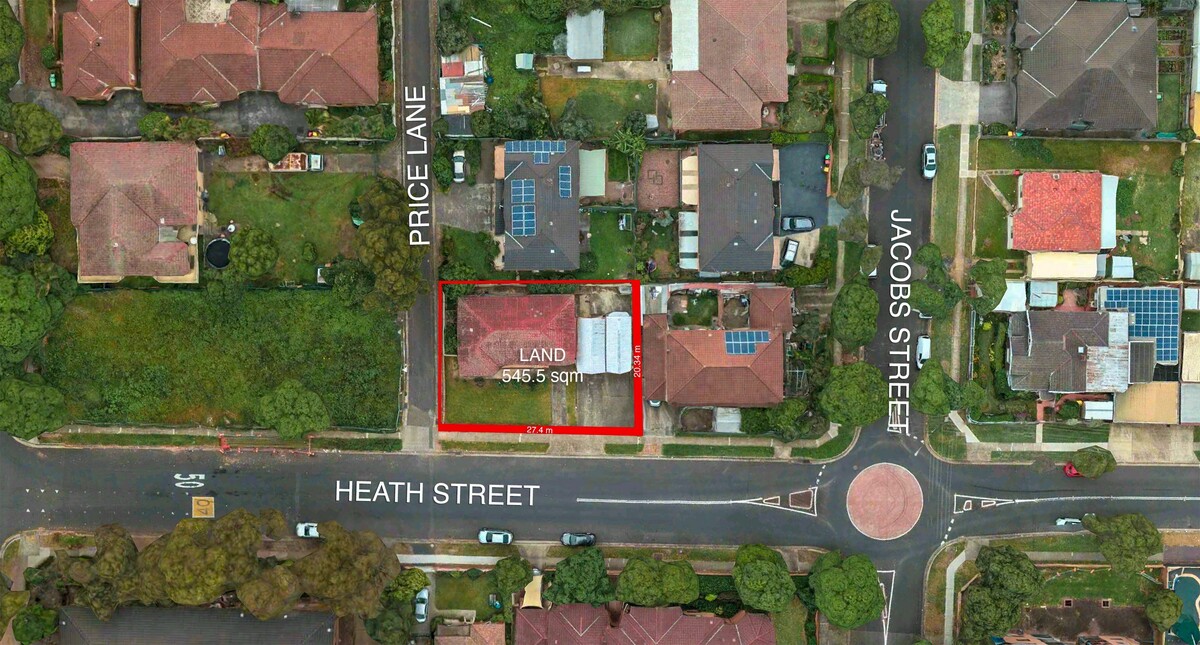
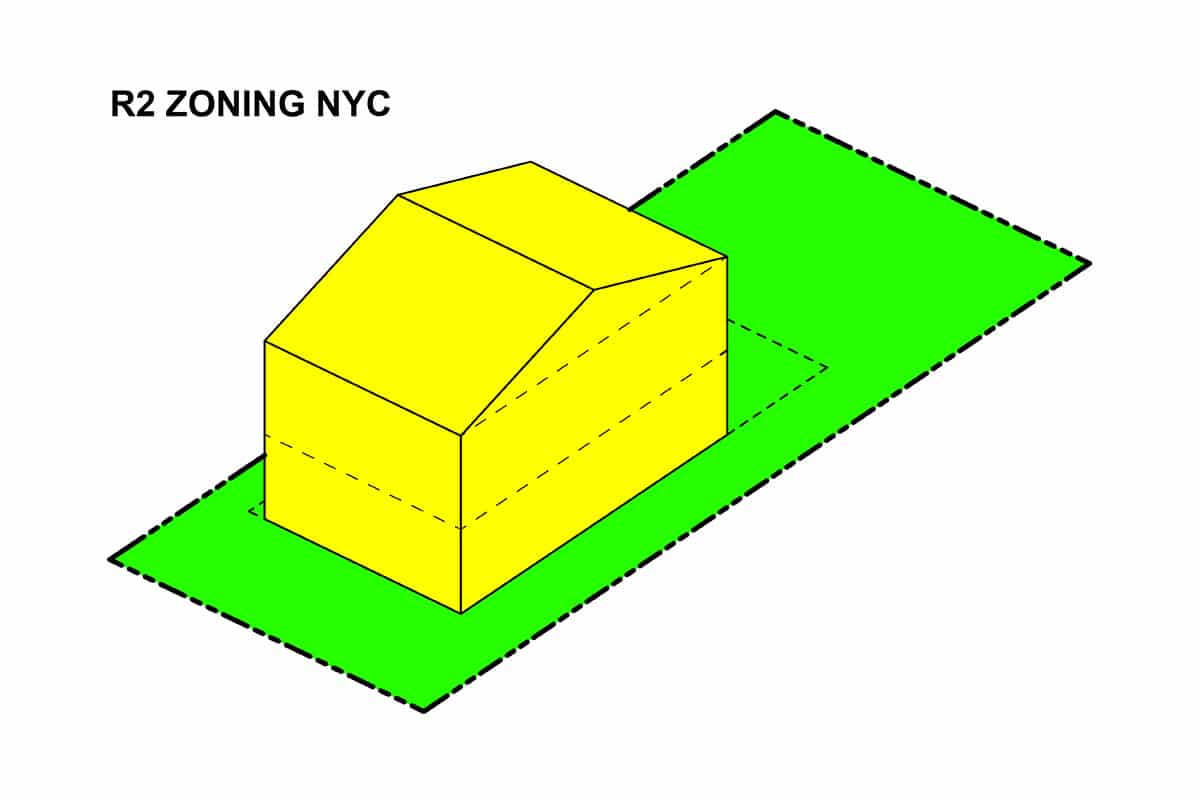

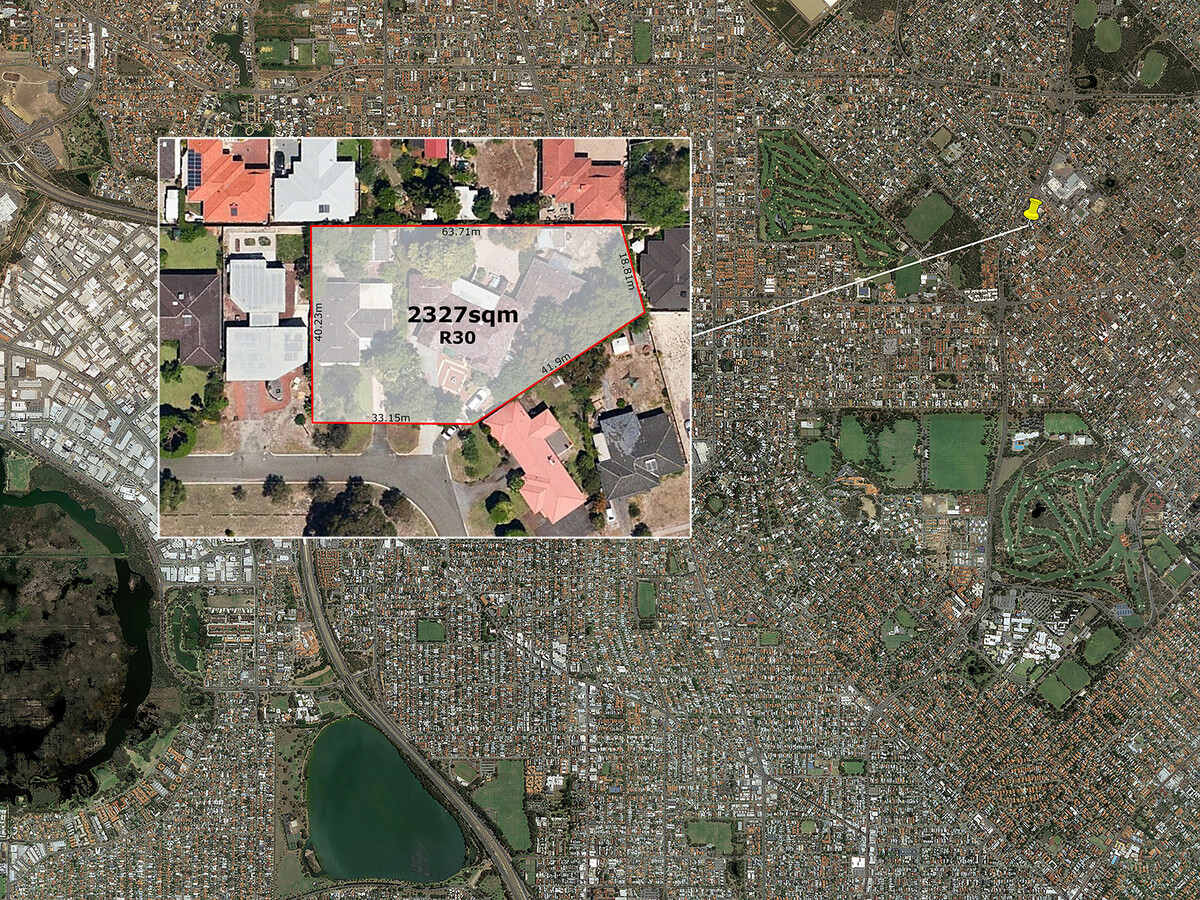

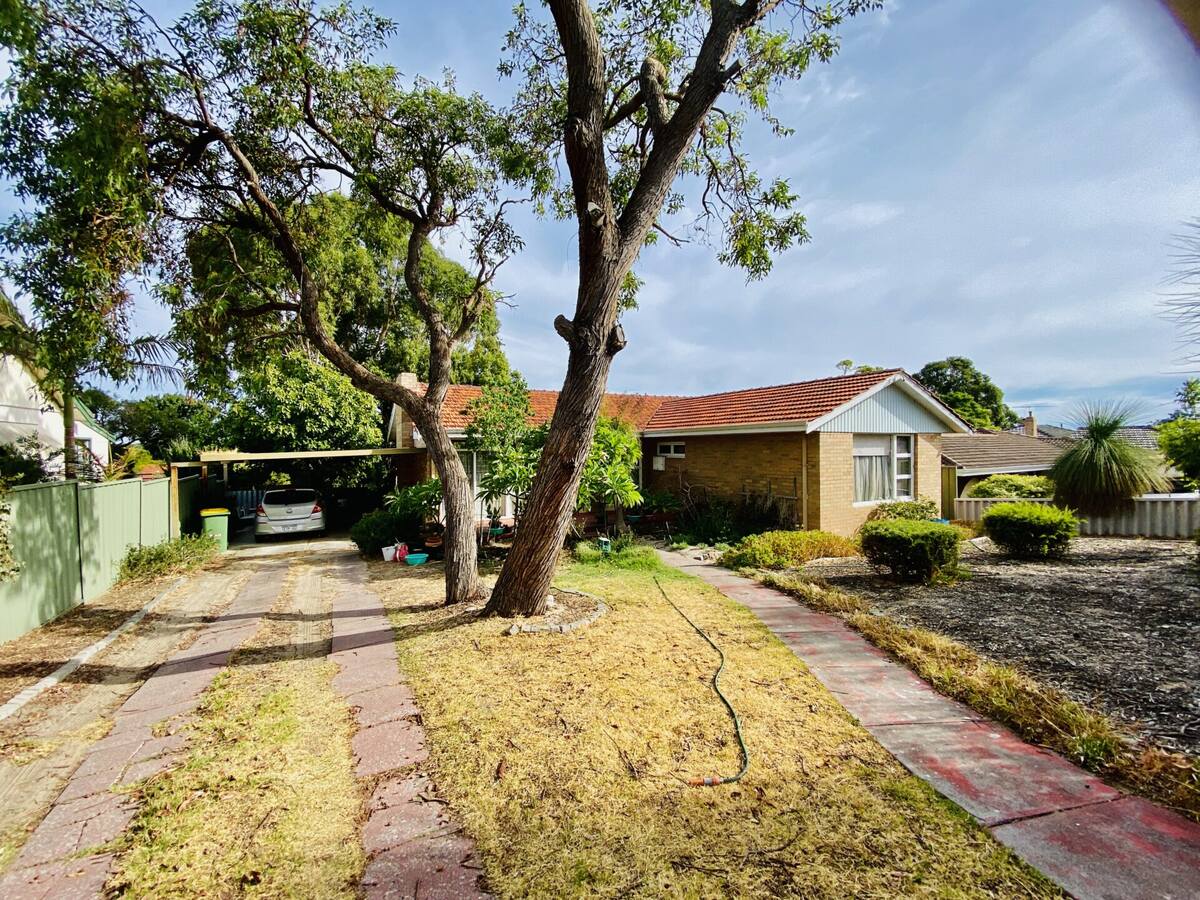
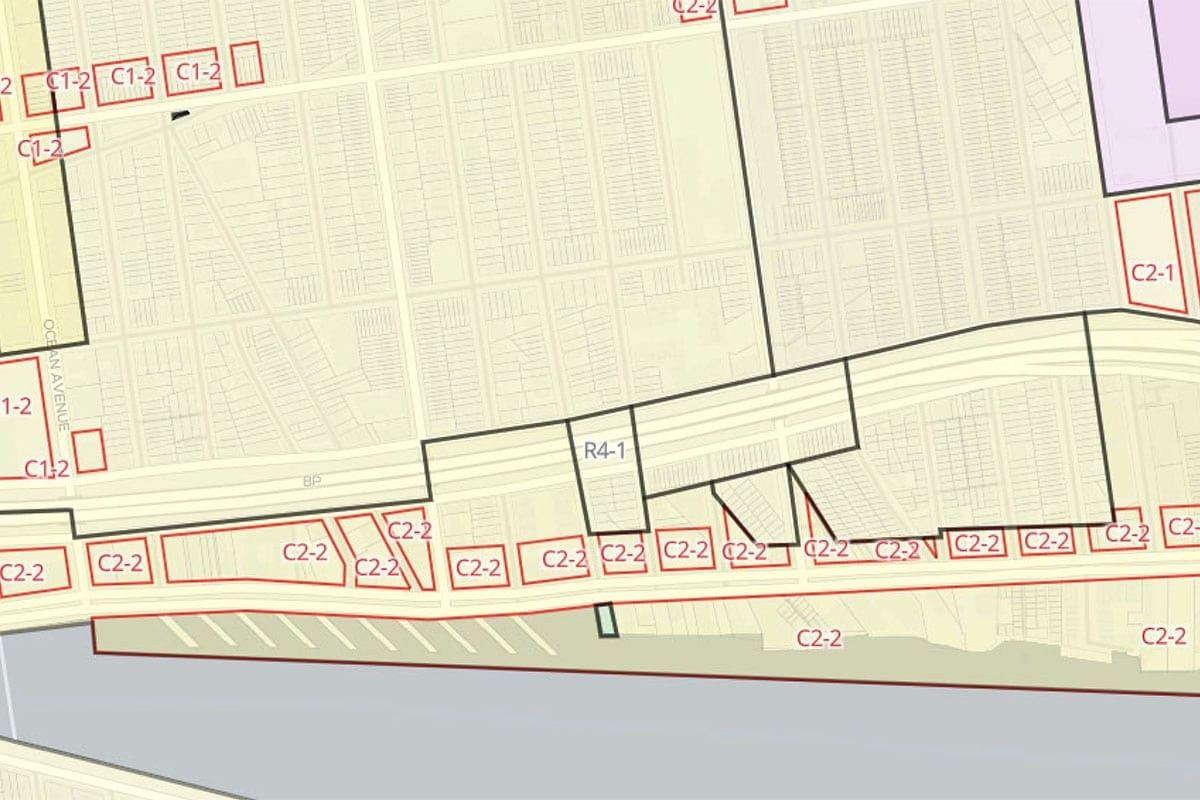
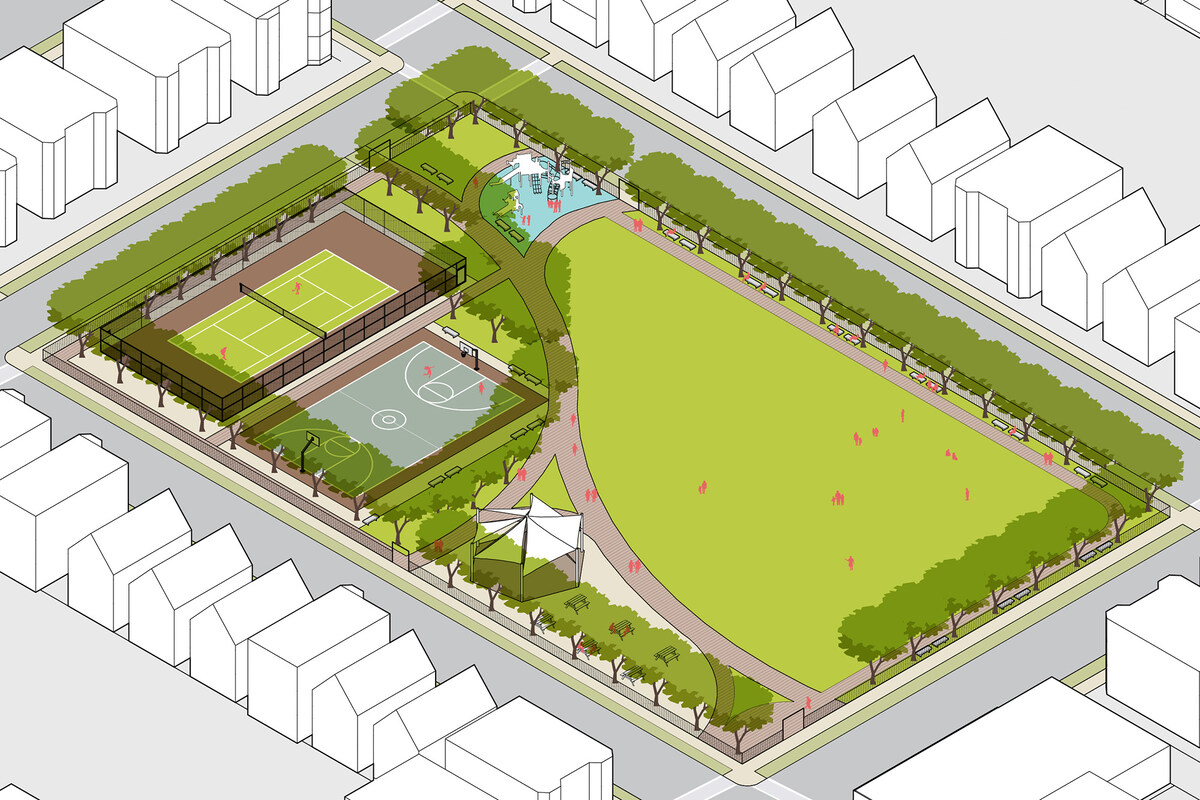
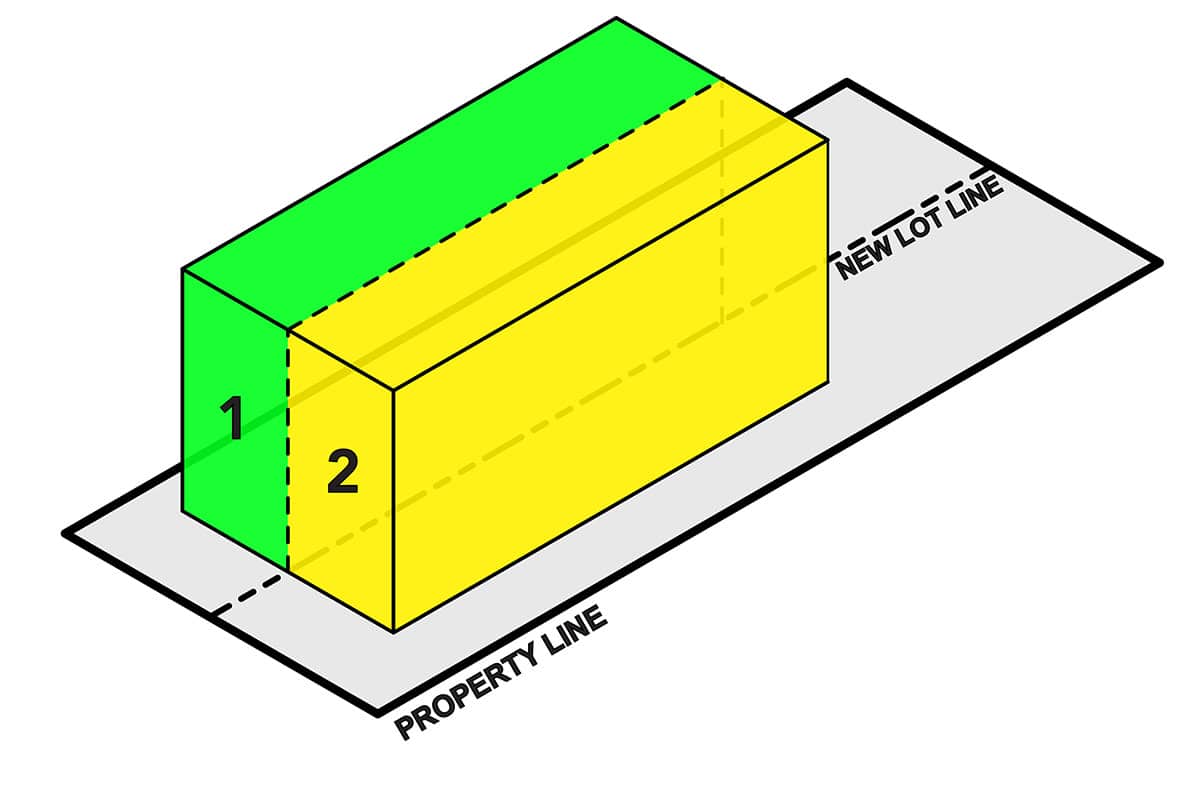
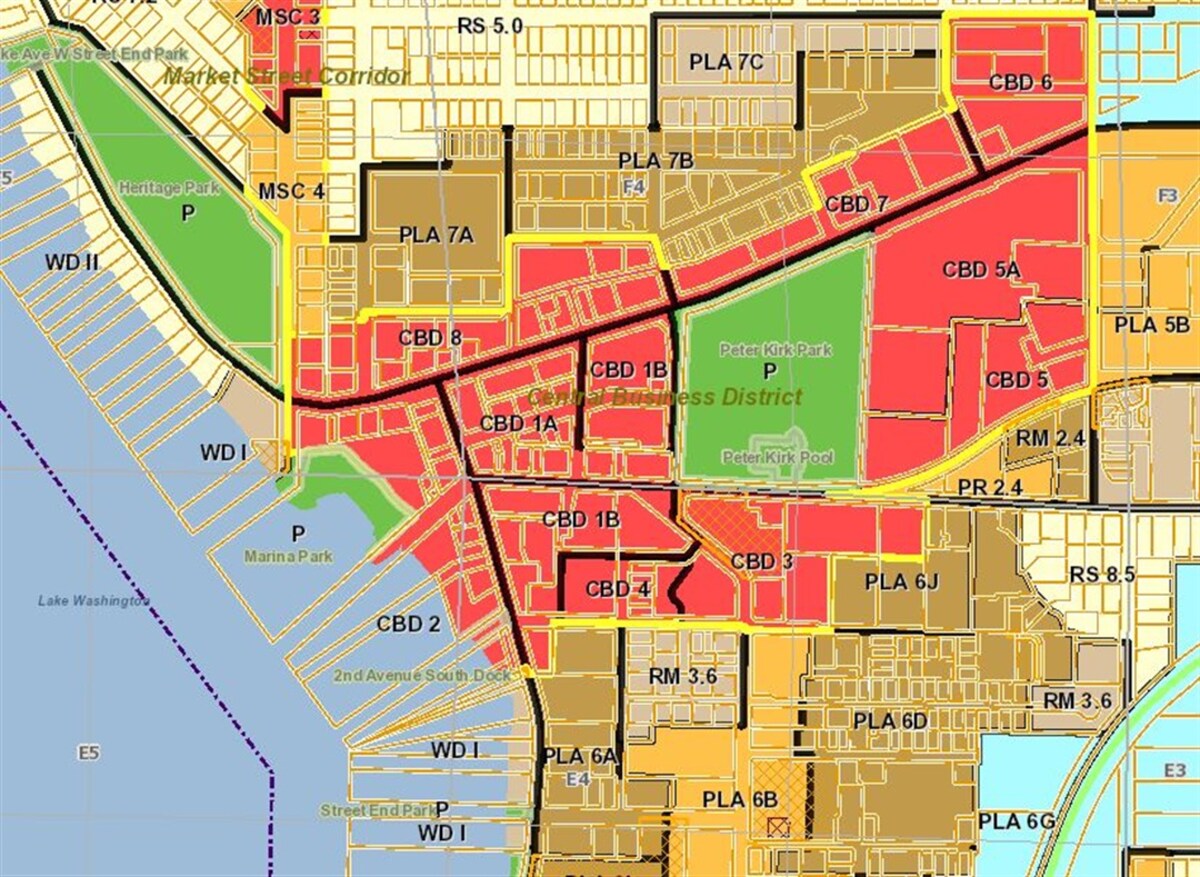




0 thoughts on “What Does General Commercial Zoning Mean”